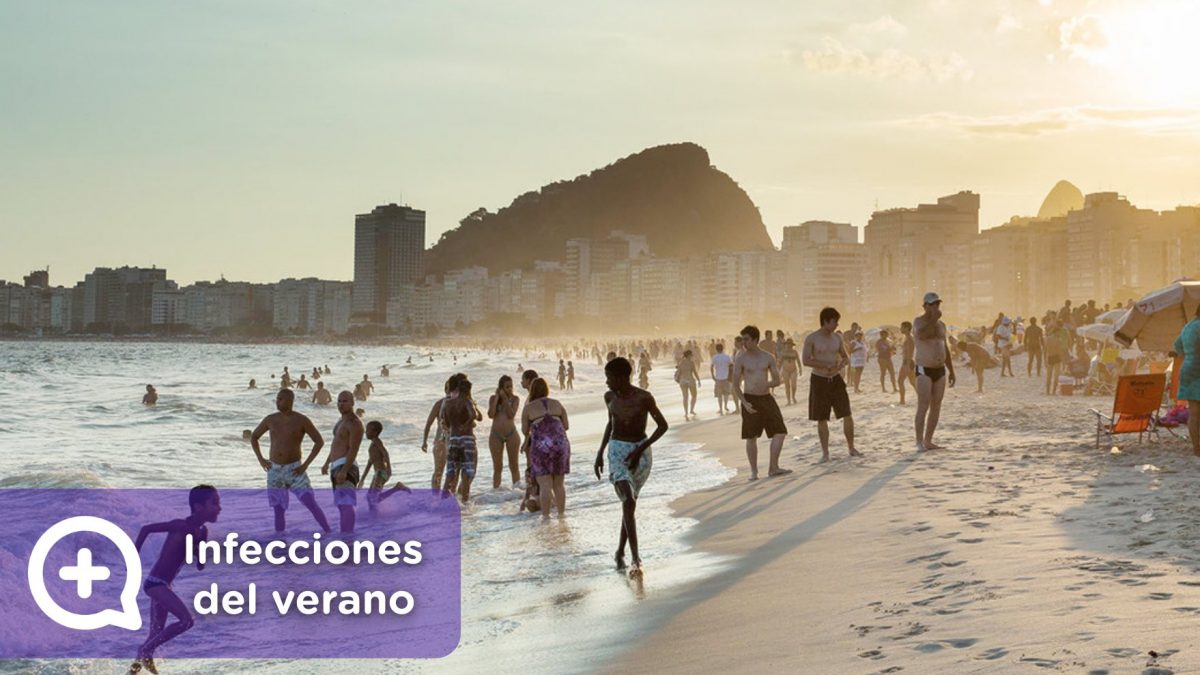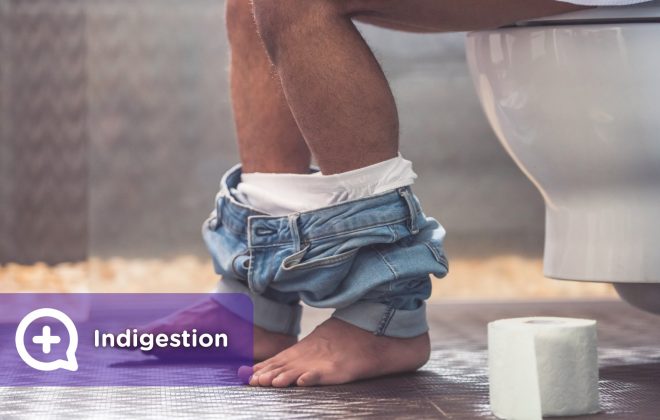It’s finally summer; the weather is good, the days are long, the vacations begin… What a desire to enjoy and enjoy the days to the fullest! However, you begin to not feel well and your throat hurts and you start coughing. To make matters worse, your child has been bitten by a jellyfish and a few of your family members cannot stop vomiting. Surely it was the salad from the beach bar! What bad luck!
And although winter is usually associated with flu and common colds, there are many typical summer infections that can ruin our vacations. Some serious infections caused by bacteria are related to the ambient temperature and its increases by up to 46% in summer.
Common infections in summer:
- High temperatures coupled with poor handling of food make food poisoning too frequent. They usually cause diarrhea, vomiting and abdominal pain. Gastroenteritis caused by viruses or bacteria such as salmonellosis is typical.
- The combination of water and heat helps the appearance of bacteria and fungi in pools and lakes. It is very typical conjunctivitis (especially in children) and athlete’s foot.
- The dampness of swimsuits and bikinis contributes to urinary infections such as cystitis and vaginal infections such as candidiasis, which are very common.
- The air conditioning and sudden changes in temperature, lead to infections such as pharyngitis, bronchitis and otitis.
In addition, in recent years there has been a concerning increase in sexually transmitted diseases in the summer months. During the holidays there are situations that can increase the risk of these infections, which is subsequently reflected in an increase in cases of diseases such as syphilis, gonorrhea and chlamydia during the autumn and winter.
Other summer disorders
Although they are not of infectious origin, there are other disorders that are also typical of summer.
We sweat more in the heat and some people may get kidney stones. To avoid this, it is recommended to drink plenty of water and protect yourself from the heat. This will also avoid dehydration and heat stroke, which can be especially serious in the elderly. Special attention must be paid to the cuts of digestion or hydrocution.
You also have to be careful with sunburns, as they increase the risk of many skin diseases, including cancer.
At this time of year, it is also common to have trouble sleeping. Heat can hinder sleep and the next day we are tired, apathetic and in a bad mood.
Finally, you also have to be careful with wasp, mosquito or jellyfish stings, especially with people who are allergic.
If you are going to travel to an exotic country, it is important to take the appropriate measures since mosquitoes can transmit serious diseases such as malaria or dengue.
I got infected, what do I do?
The treatment varies according to the disease. The important thing is to stay calm and go to the doctor to be treated for the infection. In some cases antibiotics or antifungals will be necessary.
*Content validated by the mediQuo medical team.



